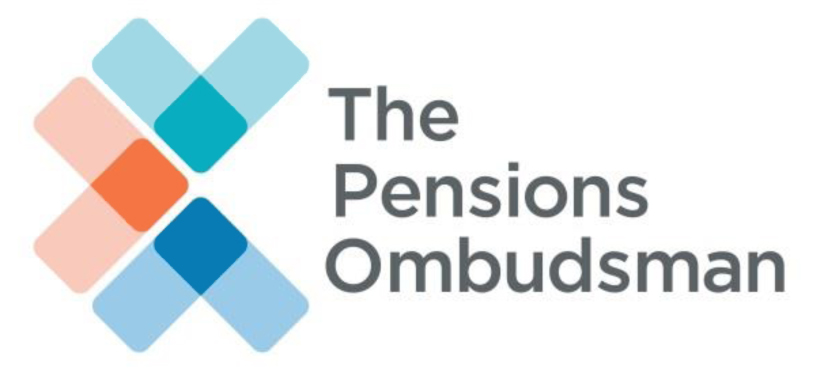Mercer has reached a new high of $380bn (£268.8bn) of global assets under management (AUM) and noted that its Investment Solutions business had moved away from reliance on defined benefit (DB) pension assets.
The company stated that, between Q1 2020 and Q1 2021, almost 50 per cent of its growth in AUM came from non-DB pension assets, with defined contribution and other types of non-pension assets having increased by 245 per cent between January 2016 and April 2021.
Mercer said its Investment Solutions and OCIO services had gained traction among other asset owners including endowments, foundations, insurers, wealth managers, not-for-profit healthcare organisations and defined contribution asset pools.
The services had originally been developed to support the asset management needs of DB pension funds, but Mercer claimed institutional investors were “looking to access fiduciary management investment solutions as they continue to grapple with market volatility and trying to achieve investment goals in a prolonged low real interest environment”.
Mercer UK head of investments, Dan Melley, said: “The benefits of a fiduciary management approach for DB pension schemes are well established, including de-risking flight paths and funding level management. It is encouraging to see how other asset owners are also embracing the strong governance and operational efficiencies that a fiduciary approach can deliver.
“We’ve seen expansion in our endowment and foundation, insurance and wealth management segments over the past year, and expect that trend to continue. The integration of environmental, social and governance capabilities has become a key criterion across the client segments.”
Mercer president, investments and retirement, Rich Nuzum, commented: “In response to last year’s market volatility, there is a growing emphasis on increasing agility and the ability to dynamically assess opportunities with an eye toward capturing returns and diversification opportunities more opportunistically.
“There is a strategic change in our industry underway, driven by reviews of how existing governance arrangements performed during the pandemic. Similar to the period immediately following the 2008-2009 financial crisis, more investors believe they need to strengthen their investment governance and implementation capabilities as they allocate capital for the long term.”
Latest News
-
OBR analysis reveals potential impact of salary sacrifice changes
-
Strong funding levels continue as endgame landscape reshaped by innovation
-
Harwich Haven Authority Pension Fund finalises £45m buy-in with Royal London
-
GAD publishes LGPS gender pension gap reporting guidance
-
DB scheme funding levels continue to improve heading into 2026
-
News in brief - 6 February 2026
Private markets – a growing presence within UK DC
Laura Blows discusses the role of private market investment within DC schemes with Aviva Director of Investments, Maiyuresh Rajah
The DB pension landscape
Pensions Age speaks to BlackRock managing director and head of its DB relationship management team, Andrew Reid, about the DB pensions landscape
Podcast: From pension pot to flexible income for life

Podcast: Who matters most in pensions?

In the latest Pensions Age podcast, Francesca Fabrizi speaks to Capita Pension Solutions global practice leader & chief revenue officer, Stuart Heatley, about who matters most in pensions and how to best meet their needs
© 2019 Perspective Publishing Privacy & Cookies










Recent Stories